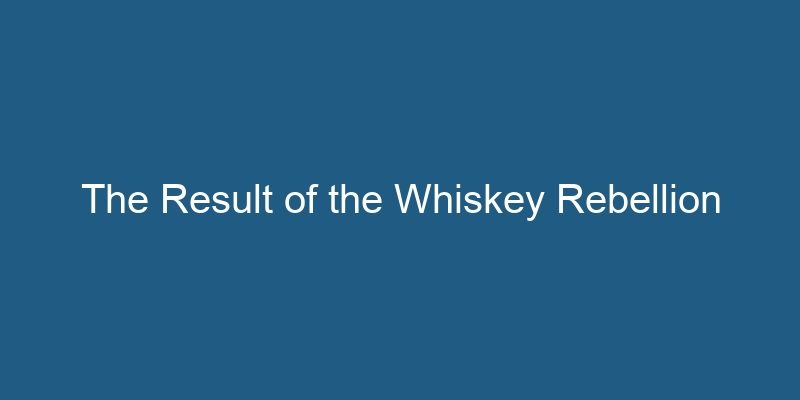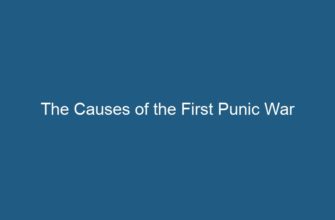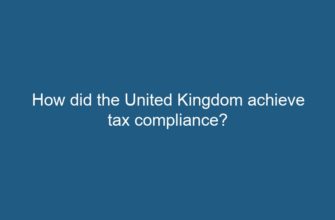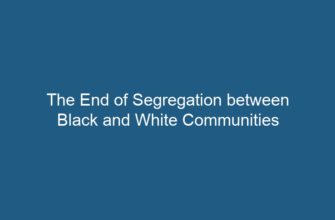The Whiskey Rebellion, which took place in the late 18th century in the United States, was a significant event that tested the newly formed federal government’s ability to enforce its laws. This rebellion was a response to the government’s imposition of a tax on distilled spirits, particularly whiskey, which was a vital part of the economy in the western regions of the country. In this article, we will explore the result of the Whiskey Rebellion and its implications.
- 1. Background of the Whiskey Rebellion
- 1.1 Opposition and Resistance
- 1.1.1 Formation of Whiskey Rebellion
- 2. Response by the Federal Government
- 2.1 Washington’s Proclamation
- 2.1.1 Failed Negotiations
- 2.2 Deployment of Federal Troops
- 2.2.1 The Show of Force
- 3. Outcome and Legacy
- 3.1 Suppression of the Rebellion
- 3.1.1 Legal Consequences
- 3.2 Strengthening of Federal Authority
- 3.2.1 Tax Enforcement
- 4. Conclusion
1. Background of the Whiskey Rebellion
The Whiskey Rebellion originated from the financial strain faced by the United States government following the American Revolution. To generate revenue, the newly formed federal government, led by Treasury Secretary Alexander Hamilton, introduced a tax on distilled spirits in 1791. This tax disproportionately affected small-scale whiskey producers in western Pennsylvania, Kentucky, and other frontier regions, as whiskey was a popular and profitable commodity in these areas.
1.1 Opposition and Resistance
The imposition of the whiskey tax was met with widespread opposition and resistance from whiskey producers and farmers in the affected regions. They argued that the tax unfairly targeted their livelihoods and violated the principles of American independence. Many saw the tax as a symbol of the government’s attempt to exert control over their lives, similar to the grievances that led to the American Revolution.
1.1.1 Formation of Whiskey Rebellion
The opposition to the whiskey tax eventually culminated in the formation of the Whiskey Rebellion. In 1794, a group of farmers and distillers in western Pennsylvania organized protests and demonstrations against the tax. These gatherings quickly turned violent, with some rebels resorting to intimidation and destruction of property. The rebellion threatened to escalate into a full-scale armed conflict against the federal government.
2. Response by the Federal Government
The Whiskey Rebellion presented a significant challenge to the authority and power of the newly formed federal government under President George Washington. The government’s response to the rebellion would set a precedent for future conflicts and demonstrate its commitment to upholding the rule of law.
2.1 Washington’s Proclamation
President Washington initially attempted to quell the rebellion without resorting to military force. In August 1794, he issued a proclamation calling on the rebels to disperse and comply with the law. Washington emphasized the importance of maintaining peace and order, while also warning of the consequences of continued resistance to federal authority.
2.1.1 Failed Negotiations
Despite Washington’s proclamation, negotiations between the government and rebel leaders failed to reach a resolution. The rebels remained defiant and continued their acts of resistance. This prompted the federal government to take more assertive measures to restore order and enforce the law.
2.2 Deployment of Federal Troops
In response to the escalating rebellion, President Washington ordered the mobilization of a militia force, consisting of approximately 13,000 federal troops. The army, led by General Henry Lee, was dispatched to western Pennsylvania to suppress the rebellion and enforce the collection of the whiskey tax.
2.2.1 The Show of Force
The deployment of federal troops had a significant impact on the rebellion. The sheer size and strength of the military presence sent a clear message to the rebels that the government was determined to uphold its authority. Many rebels, fearing the consequences of confronting a well-equipped army, chose to abandon their resistance and comply with the law.
3. Outcome and Legacy
The result of the Whiskey Rebellion had far-reaching implications for the United States government and its relationship with its citizens. It solidified the federal government’s power to enforce laws and maintain order, particularly in situations that threatened the stability of the nation.
3.1 Suppression of the Rebellion
The federal troops successfully suppressed the rebellion without major bloodshed. The show of force and the rebels’ realization of the military’s superior strength contributed to the relatively swift resolution of the conflict. The rebellion was effectively quashed, and the government regained control over the affected regions.
3.1.1 Legal Consequences
Following the suppression of the rebellion, the federal government pursued legal actions against some of the rebel leaders. A handful of individuals were arrested and charged with treason. However, no one was ultimately convicted of treason, as President Washington granted pardons to those implicated in the rebellion. This act of clemency demonstrated the government’s desire for reconciliation and a peaceful resolution.
3.2 Strengthening of Federal Authority
The Whiskey Rebellion provided a crucial test for the federal government’s authority and its ability to enforce its laws. By successfully suppressing the rebellion, the government demonstrated its commitment to maintaining order and upholding the rule of law. This strengthened the perception of federal authority and set a precedent for future challenges to the government’s power.
3.2.1 Tax Enforcement
One of the significant outcomes of the rebellion was the increased effectiveness of tax enforcement by the federal government. The successful quelling of the rebellion sent a clear message that tax evasion and resistance to federal authority would not be tolerated. This helped to ensure a more stable revenue stream for the government and contributed to the overall financial stability of the nation.
4. Conclusion
The result of the Whiskey Rebellion was a resounding victory for the young United States government. The successful suppression of the rebellion demonstrated the federal government’s ability to enforce its laws and maintain order. It solidified the power and authority of the federal government, setting a precedent for future challenges to its rule. The Whiskey Rebellion serves as a significant chapter in American history, highlighting the delicate balance between individual liberties and the need for a strong central government.










